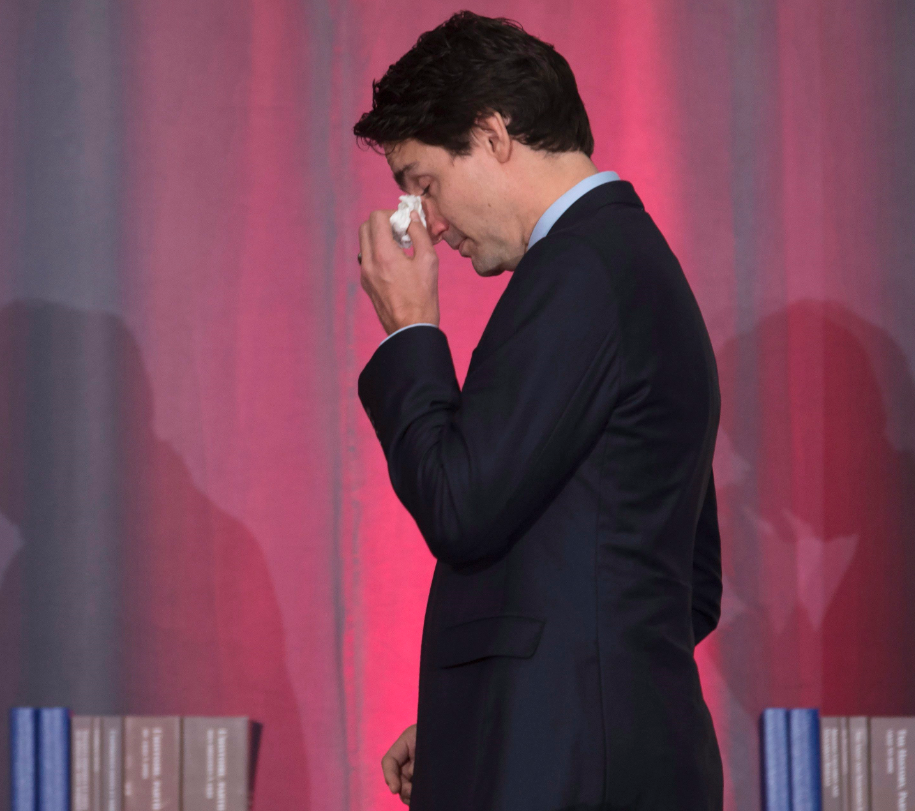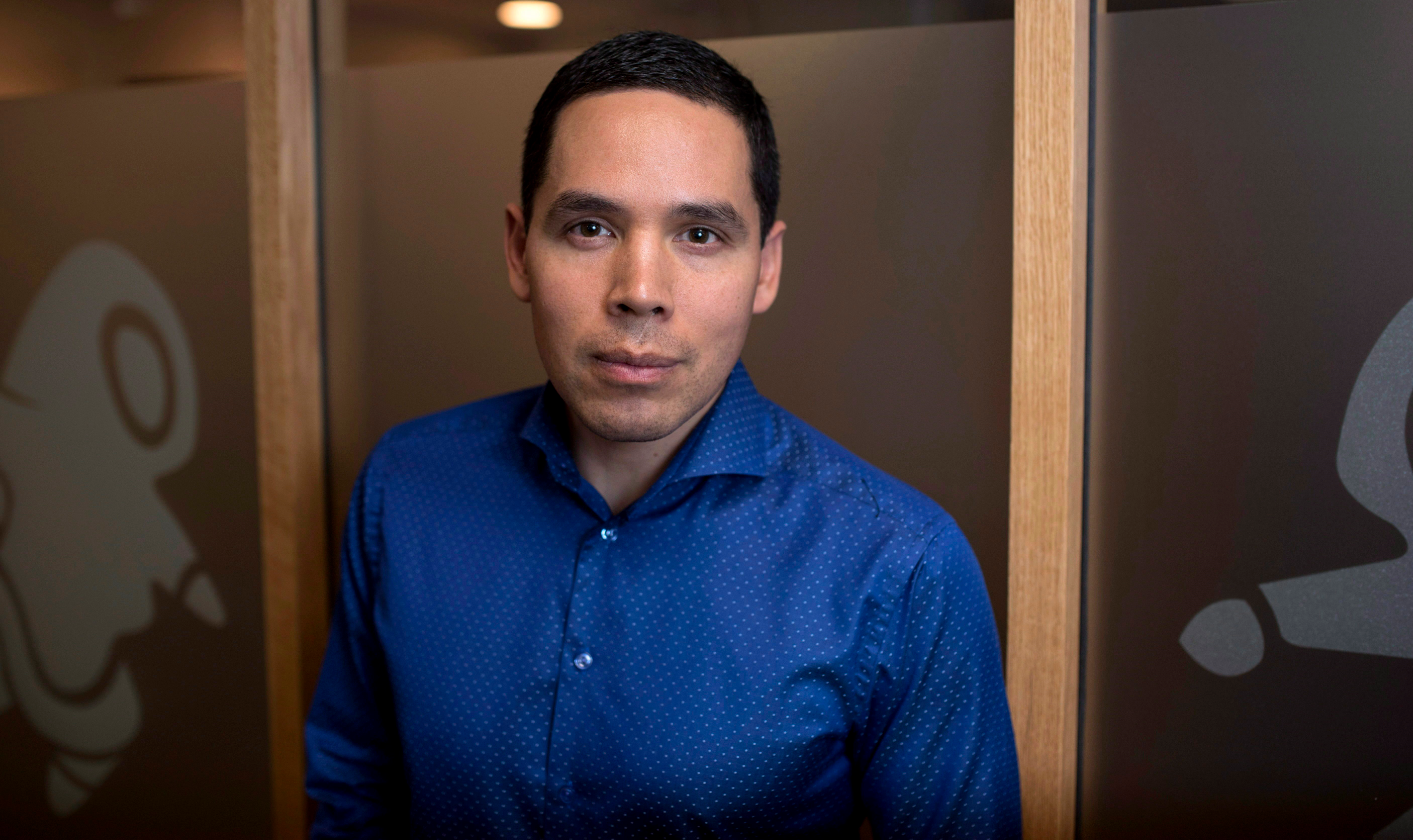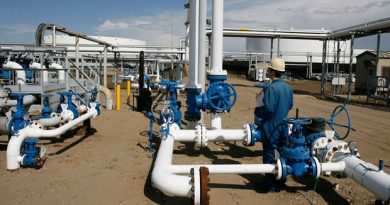Final Truth & Reconciliation report released in Canada

Canada’s Truth and Reconciliation Commission released its final report on Tuesday in an emotional ceremony attended by Canada’s indigenous leaders, church officials and the Prime Minister of Canada.
“The final report provides a way forward for all Canadians building on the formal apology of seven years ago,” said Canada’s Prime Minister Justin Trudeau, visibly moved as he addressed the commissioners and attendees gathered in Canada’s capital city of Ottawa.
“It sets us squarely on the path to true reconciliation. The government of Canada is committed to walking that path with indigenous peoples in partnership and in friendship.”
Trudeau also reiterated his Liberal government’s promise to implement the 94 recommendations outlined in the report.
Among the recommendations outlined in the Truth and Reconciliation Final Report:
- Implement the United Nations Declaration on the Rights of Indigenous Peoples
- National inquiry on missing and murdered aboriginal women
- An annual report from government on aboriginal affairs and reconciliation
- Action on tackling the over-representation of aboriginal people in the justice system
- Improve the health outcomes for aboriginal Canadians
- A royal proclamation of reconciliation by the Crown
To read the full report, click HERE
Apology and reconciliation
The Truth and Reconciliation Commission was established after the 2007 Indian Residential Schools Settlement Agreement.
For six years, the commission, lead by Justice Murry Sinclair, travelled to 300 communities across Canada to record survivor testimony and detail the legacy the residential school system still had on Inuit, Métis and First Nations communities today.
Starting in the 1800s, Inuit and First Nations children were sent to the federally funded, primarily church-run schools, far from their communities and their cultures, and often against the wishes of their families. The goal was to assimilate the children into ‘European’ culture.
While some people say the residential school experience was a positive one for them, many children suffered years of physical and sexual abuse in the institutions and were punished for things like speaking their aboriginal languages.
According to the Truth and Reconciliation Commission, over 130 of these institutions were located across Canada and more than 150,000 Inuit, Métis and First Nations children passed through the residential school system.
The last of the schools were closed in the 1990s.
Finding ‘middle space’: Inuit leader

Natan Obed, the president of Canada’s national Inuit organization, Inuit Tapiriit Kanatami, received cheers and a standing ovation from the crowd at Tuesday’s ceremony after he praised the commission’s work and how it highlighted the role the residential school legacy still played in the personal struggles of many families and communities.
“Part of the truth is that the way that we are today: our society, our communities; is affected by the truth of the residential school era,” Obed said. “This is very important and it isn’t a truth that has been recognized enough.
“We are fighting every day to hold on,” he said. “Often we find ourselves in the part of resolving why it is the we are the way we are. Why our families treat us the way (they) do sometimes. Why we have to work together to overcome challenges instead of meet new opportunities.”
Obed went on to describe a ‘middle space’ of mutal respect between Canada and its indigenous Peoples where Inuit, First Nations and Metis languages, cultures and socities would be recognized as contributing to Canada’s strength and diversity.
“But we have to fight for that,” he said.
Listen to the full speech from Natan Obed, president of Canada’s national Inuit organization, Inuit Tapiriit Kanatami, at the Truth and Reconciliation Commission’s Final Report ceremony on Tuesday:
Related stories from around the North:
Canada: Canada’s Truth and Reconciliation Commission releases recommendations, Eye on the Arctic
Finland: Sámi politician calls Finland “racist country”, Yle News
Greenland: What the EU seal ban has meant for Inuit communities in the Arctic, Eye on the Arctic
Norway: Norway visa rules worry indigenous peoples, Barents Observer
Sweden: Sami demand rights as indigenous people, Radio Sweden
Russia: Russia brands Arctic indigenous organization as “foreign agent”, Barents Observer
United States: Arctic conference spotlights indigenous issues, Alaska Dispatch News



